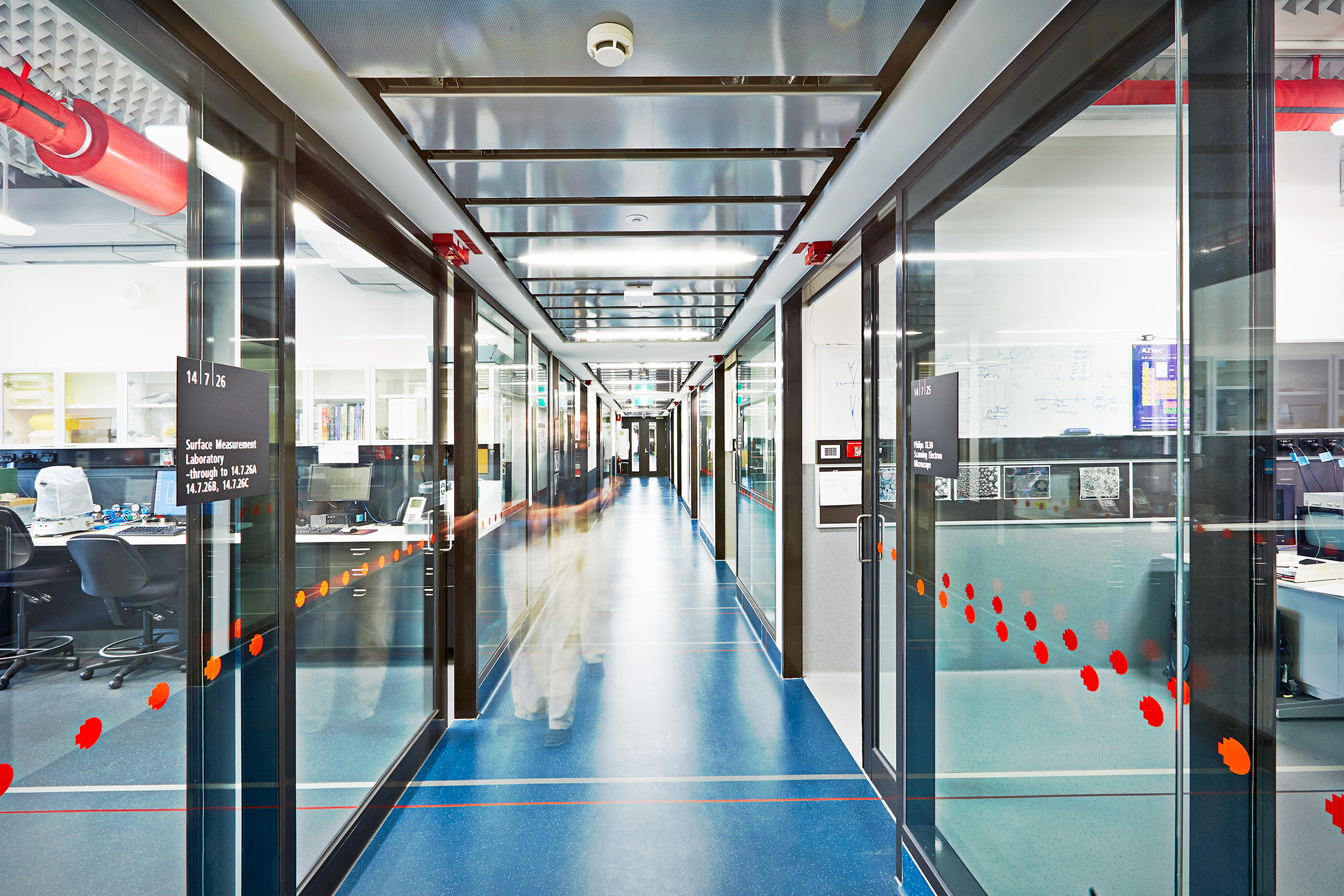Chemistry is integral to our understanding of the technical and environmental challenges we face today. Which is why RMIT researchers actively collaborate and engage with other disciplines – supporting their own and each other’s research in the quest for real-world solutions.
Our researchers apply their skills and knowledge to tackling problems within all manner of sectors, like engineering, food sciences, natural resources, the environment, manufacturing and health sciences.
While wide-ranging in our research activities, we are known to converge in the realms of industrial and materials chemistry, environmental chemistry and the application of advanced instrumental analytical chemistry.
RMIT researchers contribute to a broad spectrum of scientific solutions; from studying contaminants in our food and the environment, to expanding our knowledge of emerging disciplines. With chemistry as the enabling science at the heart of many of the world’s challenges and solutions, RMIT researchers are equipped to face the complexities of the future.






